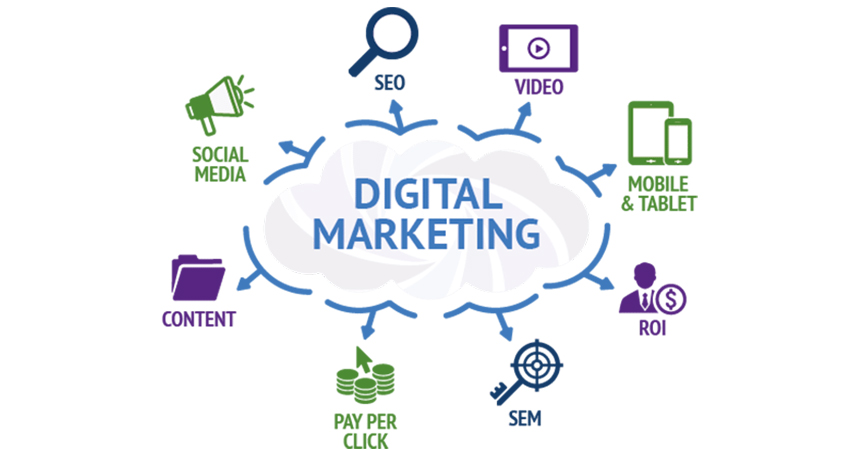Facebook is not
only limited to reading news feeds, sharing status updates, playing games and
watching videos. It has several other features of most of the people don’t
know. Facebook has recently added various useful features. The Facebook
Timeline feature is helpful to get familiar with your friends.
Here are some
hidden Facebook features that you can customize while keeping your personal
information protected.
Facebook user name
Select a custom
user name instead of entire e-mail address every time you sign into Facebook. Your
user name will direct users to your Facebook profile. You can create user name
by signing into account setting. Click on the “username” and provide a custom
name. For instance, you use a user name facebook.com/galaxyweblinks. You can only change user name once.
Facebook email
Facebook also
provides email feature. You can find email addresses under the Contact Info
tab. You can send emails by your public username followed by @facebook.com. This
address is for your Facebook conversations and you will notifications every
time you receive a new message. You can also send emails without signing into
Facebook through your Gmail account.
Events
Events is
another great feature that Facebook offers. On Facebook Timeline you can post
status update, share photos, videos and create a Life Event. Life Events can
include the information about the places you have visited, the colleges you
have attended and so on. This feature allows you share your life events with
other users.
Add to Favorites
This is not so
popular feature of Facebook. Adds to Favorites feature enables you to bookmark
your favorite pages, groups and apps etc from the home page. It is located on
the left side, under the Newsfeed section, in the drop down list on the left. This
feature helps you to filter the content based on your preference.
App Settings
This feature of
Facebook allows you to know how many apps you have registered and can interact
with. Under account setting tab, you will find the app setting option. You can
organize apps such as you can find and add new apps to your profile. Also you
can remove the apps you no longer use.
Facebook Archives
Facebook
Archives allow you to see the history. Under the language tab you will find an
option called, “download a copy of your Facebook data.” This feature enables
you to receive a copy of your Facebook data that includes posts, photos, emails
and much more.
Prevent your tagged posts
Sometimes your
friends tag you in pictures and you don’t want to make it live. Facebook offers
a cool feature that asks for your permission before making your tagged picture
live. This feature is called ‘Approve.’ Before displaying your tagged image on
timeline or newsfeed, it asks for your approval. You will get a notification to
approve tags.

